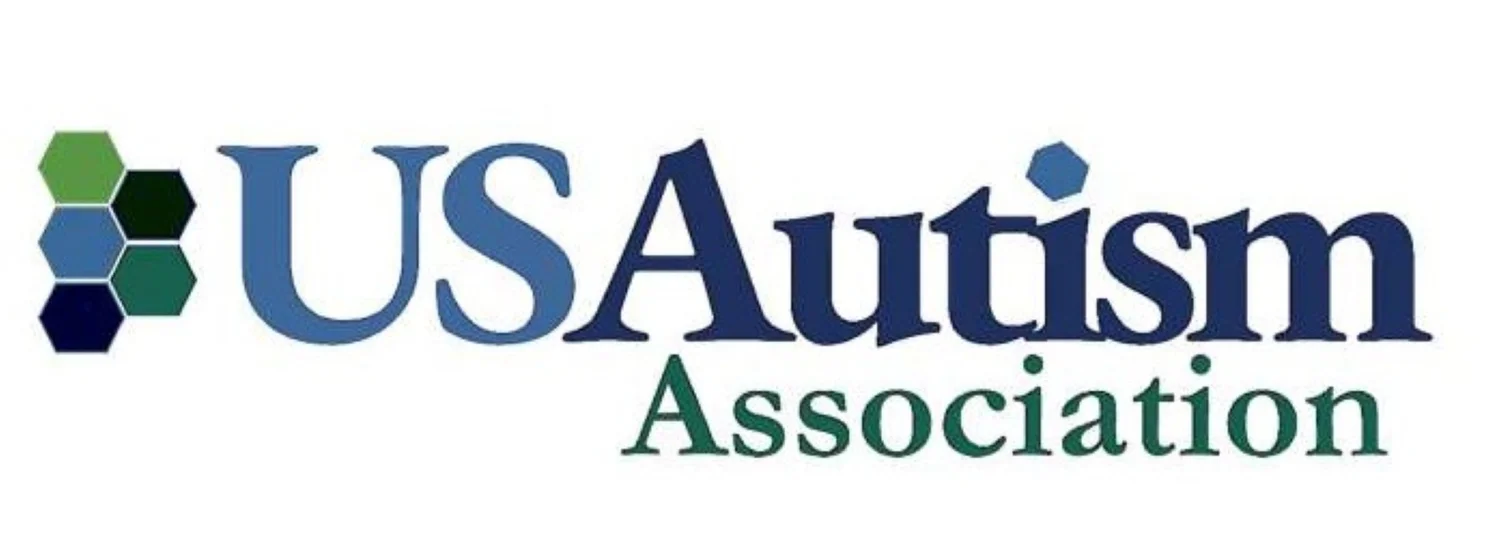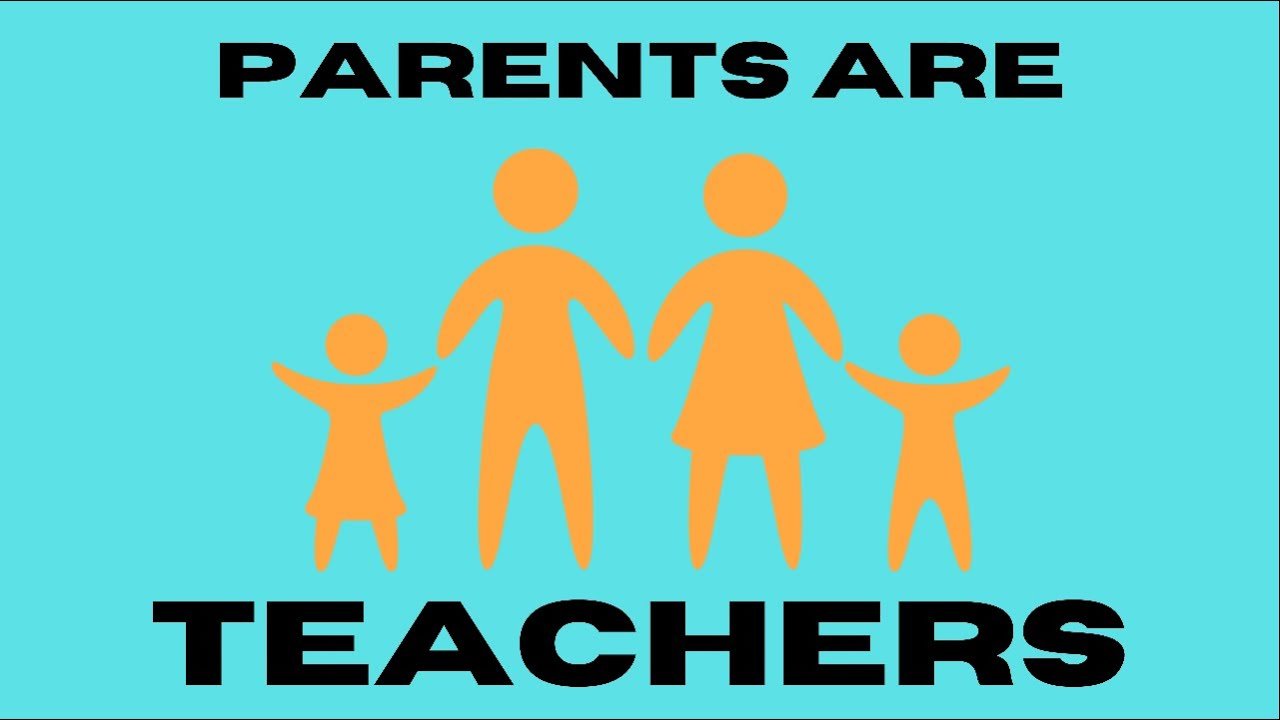
Welcome to the US Autism Association’s Video Streaming Library.
100+ streaming sessions, just a click away.
Welcome to one of the largest autism-focused streaming libraries in the world.
Featured Videos
Browse by Topic
+ Browse By Category
Approaches to Autism - Season 1
Approaches to Autism - Season 2
Approaches to Autism - Season 3
Health and Wellness
Therapies and Interventions
Education and the Classroom
Diversity Across the Spectrum
Legal and Advocacy
Summit: Meltdowns and Neuro-Crashes
Summit: Coming of Age Across the Autism Spectrum
Vintage Videos
Shorts
CEUs
Autism and the Arts
Raun K. Kaufman: Autism Intel: What Your Child/Adult Wishes You Knew About Their Brain
In this paradigm-shifting lecture, Raun K. Kaufman takes us on a deep dive into the three neuro-states of autism so that we can approach our loved ones in a way that is matched (instead of mismatched) to their current neuro-state, enabling connection rather than overload, ease rather than anxiety, blossoming rather than meltdowns.
Yasmine White: Autism and the Power of Music Music: The Non-Directive Approach and Paths to Communication
Music naturally supports social communication. In this presentation you will learn about an approach that uses music and counseling tools in a non-directive way that leads to self-efficacy and independence.
Approaches to Autism, Season 2, Episode 7: Social Skills Training
Dr. Stephen Shore, Rob Bernstein and US Autism President Marlo Payne Thurman discuss social skills training with Dr. Jed Baker. Dr. Baker is the director of the Social Skills Training Project, an organization serving individuals with autism and social communication problems.
Addressing the Social and Pragmatic Needs of Learners as They Transition to College
Andy Donahue, Director of Social Pragmatic Programs and Services for Landmark College, shares his wealth of experience to help those on the autism spectrum plan and prepare to address their unique social and pragmatic needs within their transition to college.
Get Off the Couch and Do Something!
In her signature frank and matter-of-fact style, Dr. Temple Grandin uses this session to discuss the need for all individuals with autism, including even younger children, to “get off the couch” and build something, try a new hobby, or take on a part-time job to gain new skills and move towards independence and self-sufficiency. In this session, Dr. Grandin highlights the need for parents to help their children build on social skills, establish good work habits, and ultimately gain their independence through work projects and the development of interests and skills.
Vintage Videos
By accessing this page and our conference videos you are agreeing to the US Autism Association Conference Code of Conduct in its entirety.
We are actively working to make our videos more widely accessible through You Tube, Any closed captions are generated automatically through YouTube and offered as convenience to our those viewing our videos but The US Autism Association is not responsible for the content of the subtitles generate within that platform.

























































